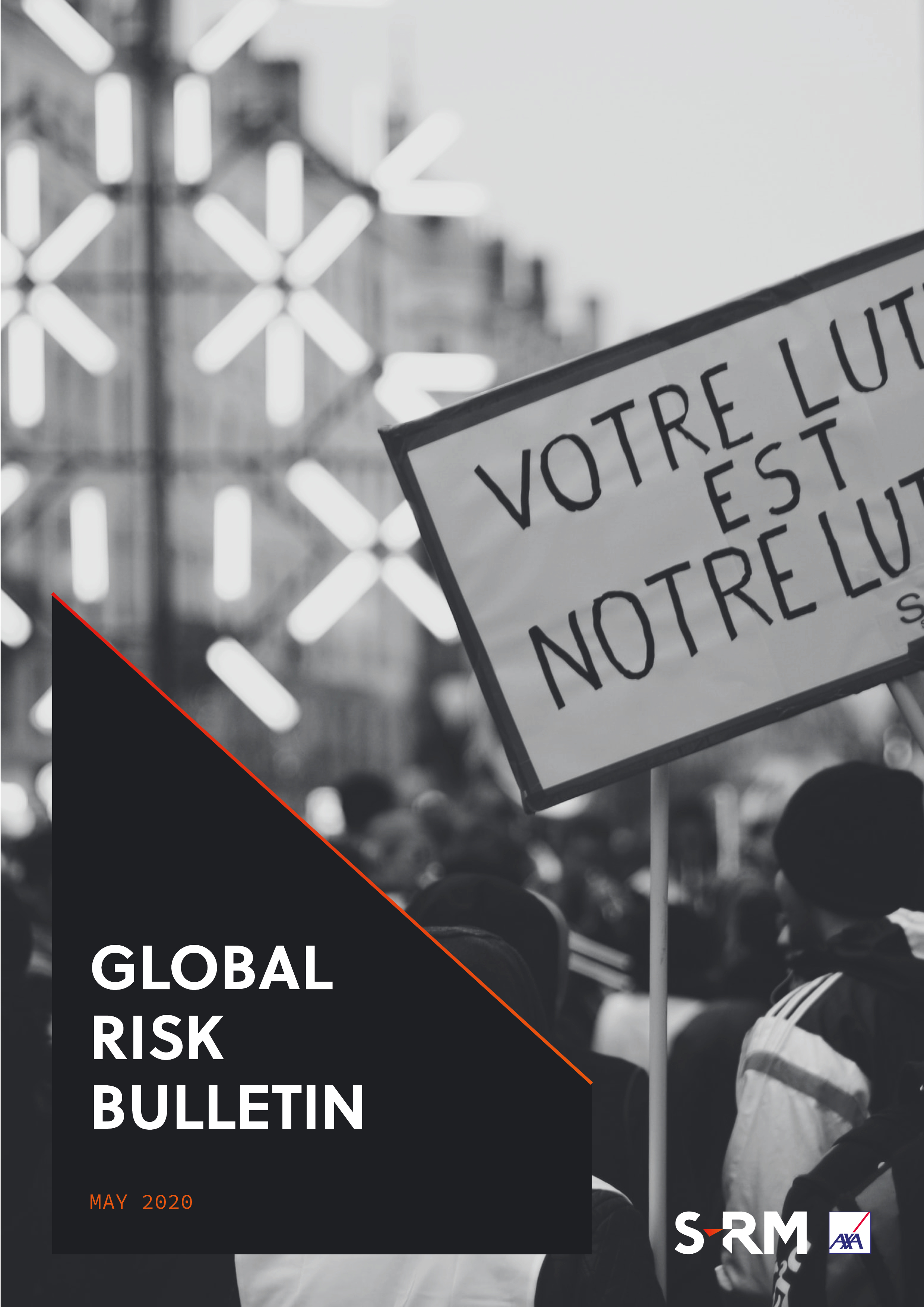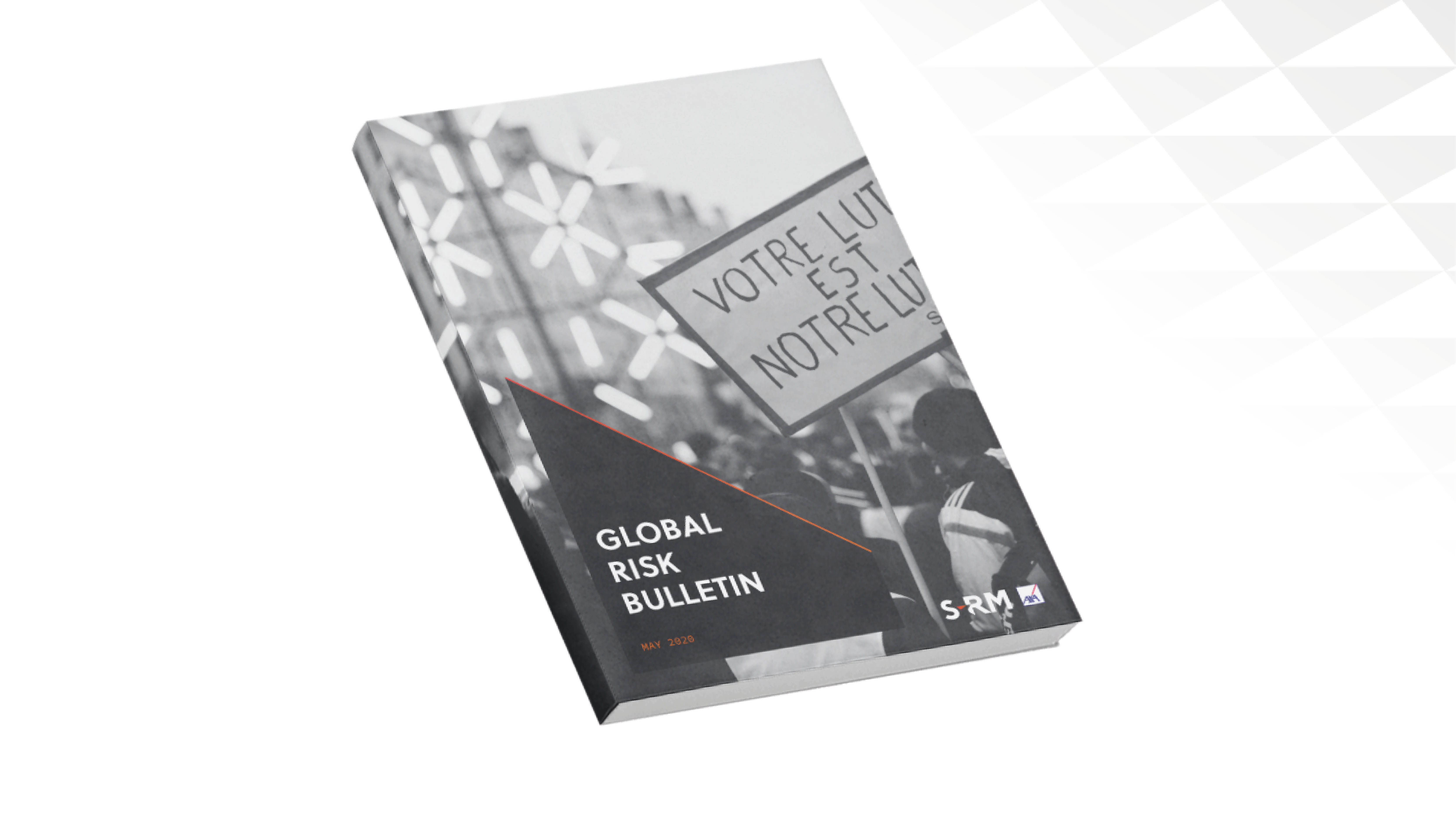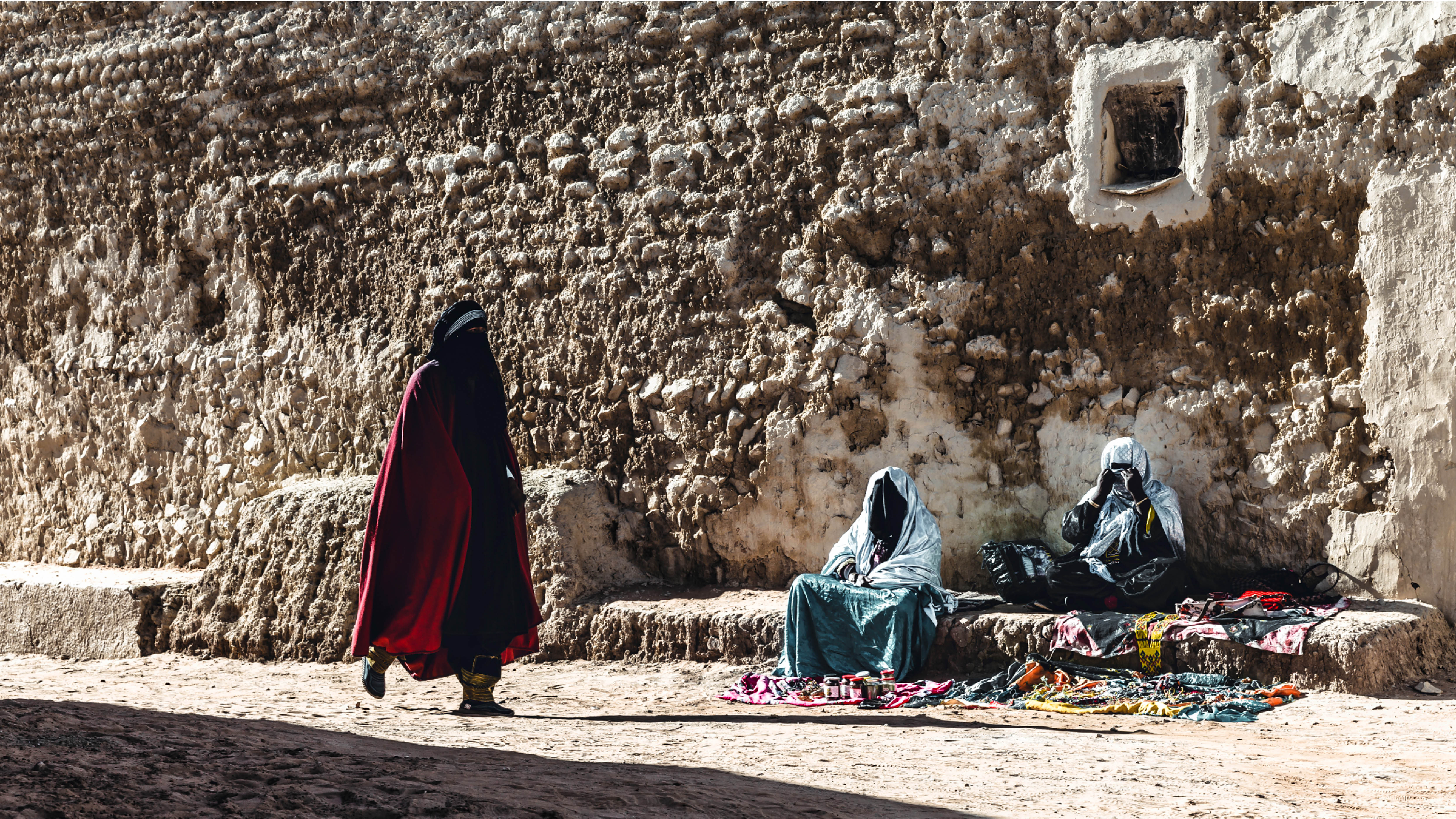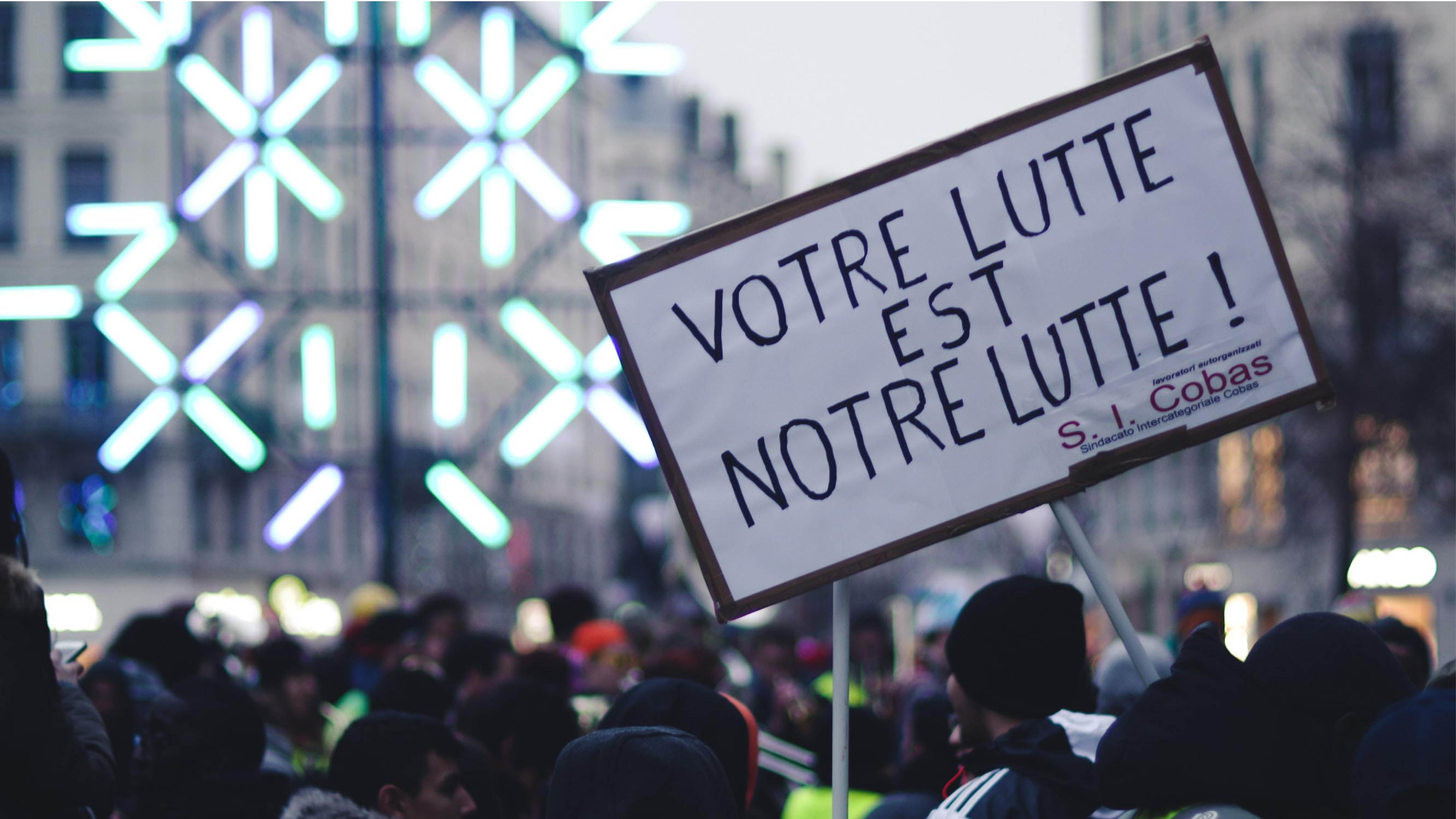In recent weeks, the temporary loss of income and the uneven distribution of aid during the ongoing national lockdown to slow the spread of COVID-19 in South Africa has prompted incidents of protest and looting. Darren Davids writes that the economic hardships of the lockdown and its aftermath are likely to exacerbate structural drivers of unrest, increasing the frequency of violent protest.
By some counts, in 2019 there were more than 1,351 incidents of civil unrest in South Africa. These protests related to worsening socio-economic conditions coupled with slow economic growth, slow government service delivery and government corruption scandals among other issues. As is the case world over, most protests have been halted by the various lockdowns. However, incidents of civil unrest have now started to directly relate to lockdown measures. The unrest and looting in South Africa in recent weeks have largely been driven by the temporary loss of income effected by the lockdown, and the uneven distribution of government aid.
Looting and hunger
With limited resources, government has had to prioritise some groups and communities over others. The prioritisation of certain communities has resulted in protests related to the non-delivery of food aid and assistance. For instance, on 14 April, residents of a Cape Town community violently protested government’s failure to provide them with food aid, following an alleged handover of food parcels at an adjacent community. Police fired tear gas and rubber bullets to disperse protesters.
Similar incidents have taken place across various parts of the country, with local media reporting that more than 20 incidents of looting have been recorded. In one incident, protesting residents in Cape Town attacked and looted three trucks, after demonstrators barricaded roads and threw stones at the trucks, forcing them to stop. The attacks appear opportunistic and are usually carried out by fringe participants within protesting groups. Nonetheless, protests and incidents of looting are likely to continue as long as lockdown conditions persist.
A heavy-handed response
Accusations have emerged that police have at times used excessive force to maintain order. The matter has been aggravated by the deployment of South African National Defence Force (SANDF) troops across the country, who do not have the requisite training for community policing. Members of the public have reported several incidents of police brutality and abuse of power. At the time of writing, the military ombudsman had received 20 complaints from the public against SANDF personnel, including the murder of at least one civilian by soldiers. The South African Police Minister, Bheki Cele, stated that more than 38 complaints against the police were reported in first week of the national lockdown alone. These complaints include eight alleged cases of murder and one rape by police. The excessive use of force by both police and the SANDF is likely to exacerbate tensions between communities and security forces, resulting in further clashes and a potential spill over of violence into neighbouring communities.
Security forces remain stretched between enforcing lockdown measures and dealing with the escalating unrest. Government has since responded to the unrest and other challenges brought by the lockdown by deploying an additional 73,180 SANDF forces, with soldiers spread across the country until 26 June. The exact role they will fill remains unclear at this stage.
"Security forces remain stretched between enforcing lockdown measures and dealing with the escalating unrest."
An unprecedented response; an unprecedented reaction
The South African government has implemented various measures to cushion the effects of the COVID-19 pandemic and lockdown, including a ZAR 500 billion (USD 26 billion) social and economic support package. The government has announced a gradual easing of lockdown restrictions from 1 May, but it will be a long time before all economic and social activity can resume. But the pandemic has taken its toll: the South African Reserve Bank forecasts the economy will contract by more than 6 percent in 2020. Despite government interventions, the economic ramifications of the lockdown and looming recession will likely push communities into greater desperation for food and economic relief. Amid this backdrop, incidents of violent unrest are likely to flare up with increasing frequency.



 Email Darren
Email Darren




 @SRMInform
@SRMInform
 S-RM
S-RM
 hello@s-rminform.com
hello@s-rminform.com

